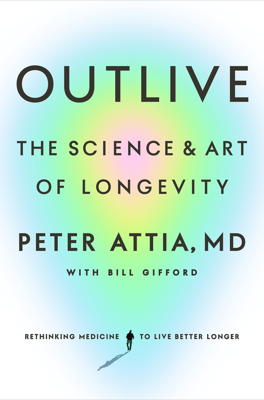Centenarians: The Older You Get, the Healthier You Have Been
Tales of Long-lived Individuals
Centenarians are often cited for their supposedly health-damaging habits yet extraordinary longevity. Examples include Richard Overton and Jeanne Calment, who maintained habits such as smoking or alcohol consumption well past 100 years, suggesting that their lengthy lifespan might occur despite such behaviors, rather than because of them.
Genetic Contribution to Longevity
Studies suggest genetic factors play a significant role, especially as people age. For example, siblings of centenarians are more likely to become centenarians themselves. Although genetics account for about 20-30% of the variation in human lifespan, this contribution appears to increase with age.
Health and Disease Patterns in Centenarians
Despite often indulgent habits, many centenarians develop diseases typically associated with aging significantly later in life, if at all. This results in a delayed and compressed morbidity period, experiencing short spans of illness before death, contrary to the prolonged periods of illness faced by many non-centenarians.
Research Insights
Large-scale studies such as the New England Centenarian Study illustrate that centenarians often exhibit cognitive and functional abilities better than much younger individuals, defying common stereotypes of aging as a period dominated by decline.
Genetic Factors
Certain genes, like APOE and FOXO3, have been connected to longevity. APOE variants affect cholesterol metabolism and Alzheimer's risk, suggesting a link between cardiovascular health and cognitive longevity. FOXO3, present in various long-lived populations, regulates genes associated with cellular health and longevity.
Potential for Mimicking Centenarian Traits
Emerging research indicates that lifestyle choices can impact gene expression related to aging, suggesting that non-genetic interventions could potentially replicate some aspects of the genetic longevity seen in centenarians. Interventions like regular exercise have been shown to shift gene expression patterns toward those observed in younger individuals.
Underlying Theme of Resilience
Centenarians exemplify a remarkable resilience against chronic diseases typically associated with aging. This resilience, combined with their generally delayed onset of morbidity, allows them to maintain a higher quality of life for a longer period. This characteristic is something future medical approaches might aim to emulate through both general and specific preventative measures against common aging-related diseases.
